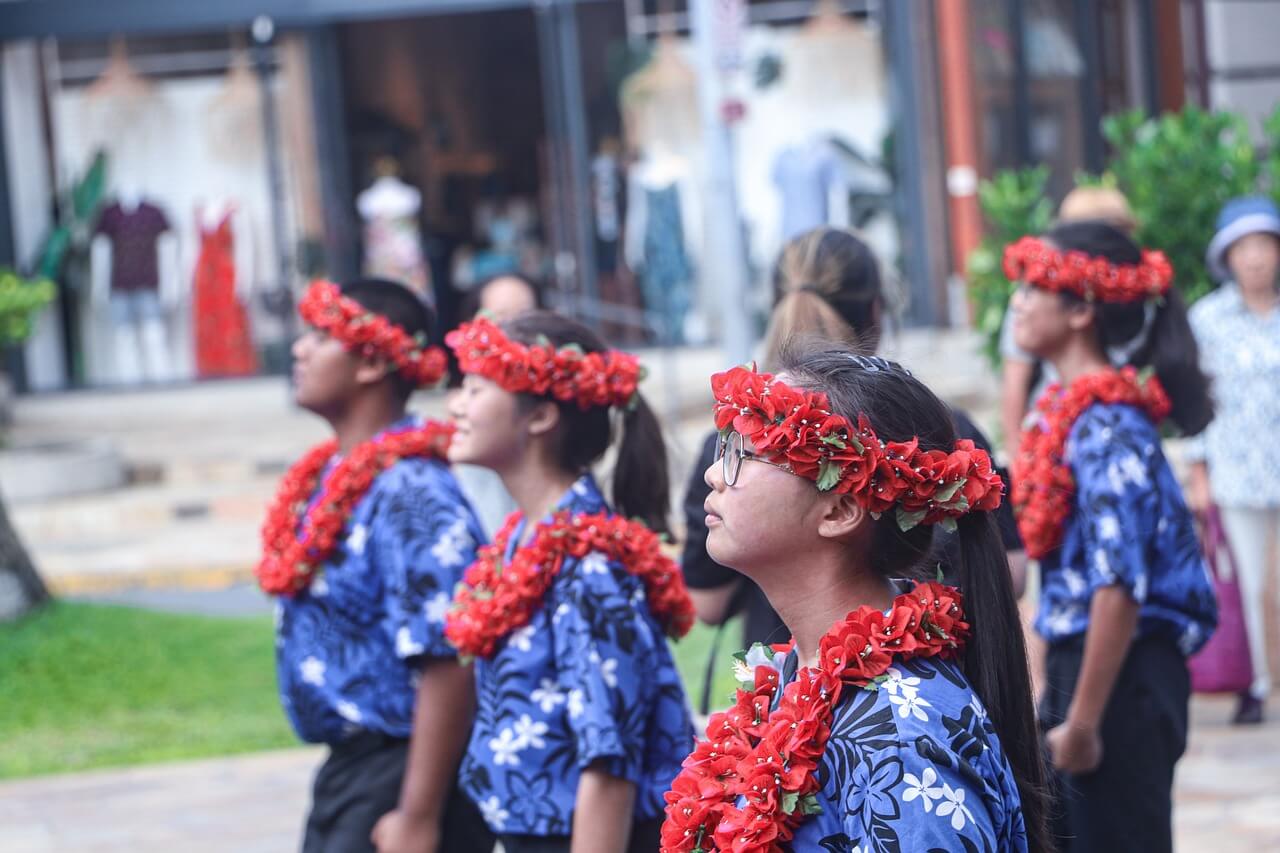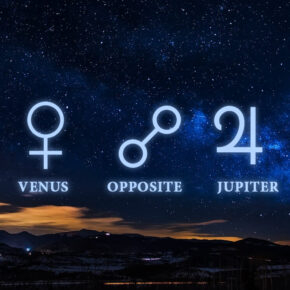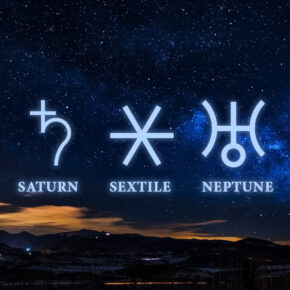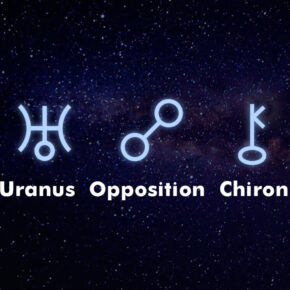Luaus, traditional Hawaiian feasts, and gatherings, have a rich and storied past that dates back centuries. These iconic celebrations are synonymous with the spirit of Hawaii, offering an authentic glimpse into the island’s vibrant culture and traditions. From their ancient roots to the modern-day extravaganzas, you’ll discover intriguing tales and unique customs that have shaped these gatherings into the captivating events they are today.
The Ancient Roots of Luaus: A Sacred Tradition
At the heart of the history of luaus lies an ancient and sacred tradition deeply rooted in Hawaiian culture. When visiting Hawaii, be sure to experience an authentic Hawaiian Luau, where you can indulge in traditional island delicacies while enjoying captivating hula performances.
The term “luau” originally referred to a ceremonial feast where families and communities would come together to celebrate significant events, such as the birth of a child or the completion of a communal project. These early luaus were marked by rituals, dances, and offerings to the gods, embodying the spiritual connection between the people and their land.
Captain Cook’s Arrival: Luaus Encounter the Outside World
The arrival of Captain James Cook in the late 18th century marked a pivotal moment in the history of Luaus. With the arrival of Europeans, the traditional Hawaiian feasts were exposed to the outside world, leading to the incorporation of foreign elements. The introduction of new foods, such as pigs, pineapples, and other tropical delights, added diversity to the culinary offerings at Luaus. Additionally, the performances and music of European visitors influenced Hawaiian hula and entertainment, giving rise to a unique blend of cultures that can still be witnessed in modern luaus.
The Banning of Luaus: A Dark Period in Hawaiian History
Despite the cultural significance of luaus, these celebrations faced a challenging period during the 19th century. With the missionary influence on the islands, many of the traditional practices and rituals associated with luaus were deemed heathen and disruptive to the newly introduced Christian values.
As a result, luaus were banned, and the Hawaiian culture was suppressed for a time. However, the resilience of the Hawaiian people and their determination to preserve their heritage eventually led to the revival of luaus and a renewed appreciation for their cultural importance.
Modern Luaus: A Spectacle of Hawaiian Culture
In the 20th century, luaus experienced a revival, transforming into the grand spectacles we know today. Modern luaus have become elaborate events, attracting both locals and visitors alike. These celebrations showcase a stunning array of Hawaiian traditions, including mesmerizing hula dances, fire performances, and mouthwatering feasts featuring traditional delicacies. Whether held at luxury resorts or within local communities, modern luaus offer a vibrant and immersive experience that continues to captivate the hearts of those who attend.
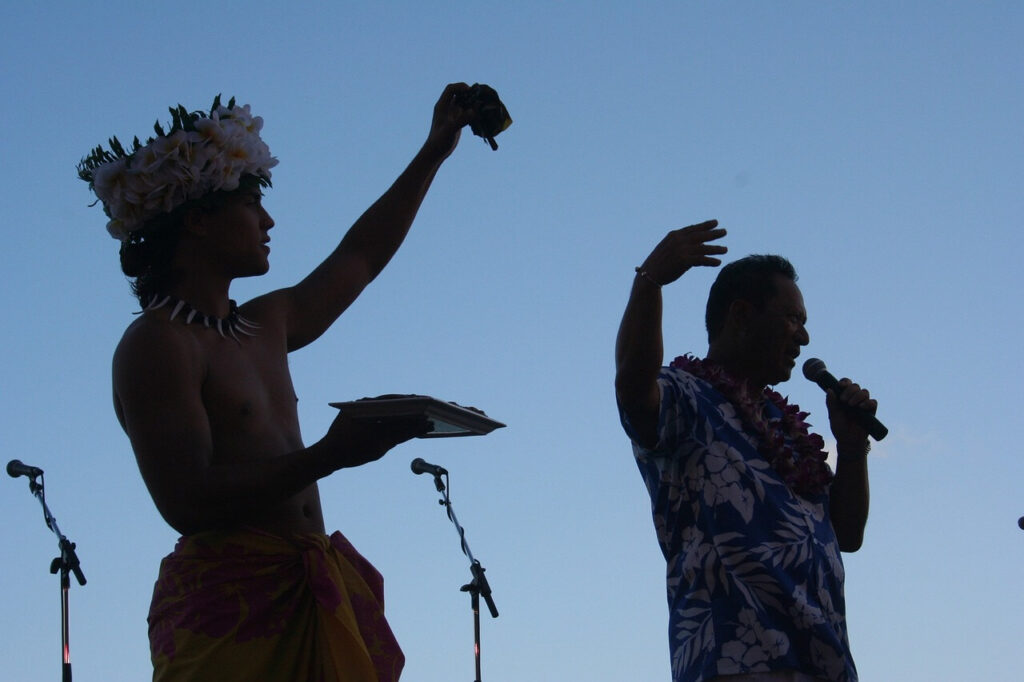
Luaus embody the very essence of the Hawaiian spirit, deeply intertwined with the island’s culture, traditions, and sense of community. From their ancient sacred roots to the dazzling modern-day extravaganzas, these celebrations have withstood the test of time, gracefully blending tradition with innovation. When you attend a luau today, it’s not just about experiencing a remarkable feast or being entertained by enchanting hula dances and fire performances. It’s about immersing yourself in the heart of Hawaii’s heritage, connecting with the past while embracing the present.


